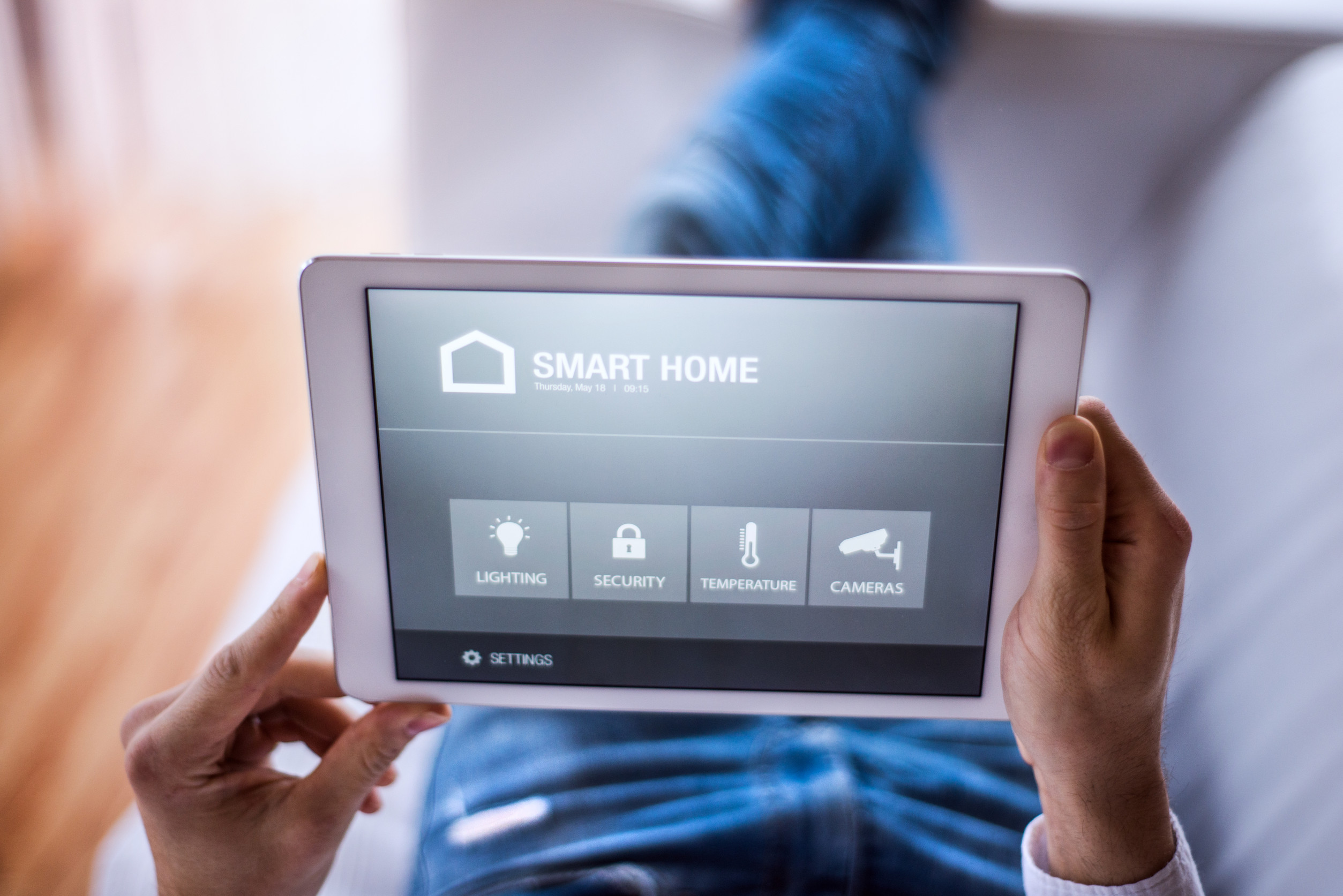
Picture this: you’re lounging on the couch, asking Alexa to dim the lights while your smart TV suggests another series you must watch. Life feels futuristic—until you notice eerily accurate ads popping up for that espresso machine you mentioned out loud just once.
Coincidence? Maybe. Or maybe your smart home device is quietly gathering data that could affect not only your privacy but your spending habits, too. Welcome to the world where convenience comes with a price tag—and it might just be your wallet that’s paying it.
Your Devices Know You Better Than You Think
Smart speakers, thermostats, fridges, and even vacuum cleaners are more connected than ever. They’re designed to learn from your behavior—what time you wake up, what music you play, and how often you order takeout. But all that “learning” means collecting data, and data is gold for marketers. When your habits, preferences, and routines are tracked, it becomes easier for companies to tailor products (and temptations) directly to you. In other words, the more your devices “help” you, the more they might also help advertisers empty your pockets.
Data Collection Is the New Currency
Most people think of money as cash or credit—but in the digital world, your data is just as valuable. Every command you give, every setting you tweak, and every purchase you make through a smart device feeds into a data pool that companies monetize. Some use this information to improve their services, but others sell or share it with third-party advertisers. That means your “Hey Google, order paper towels” could trigger a cascade of marketing algorithms designed to make you buy even more. The catch? You rarely see where your data goes—or how much it’s really worth.
Your Shopping Habits Are Being Profiled
Smart devices don’t just record what you say—they record how you shop. Did you buy the generic brand last week? Expect an ad for a “premium upgrade.” Did your smart fridge detect you’re out of milk? You might see a grocery delivery promotion before you can even add it to your list. This hyper-personalized marketing can be convenient, but it also nudges you to spend impulsively. Before you know it, your home assistant isn’t just making life easier—it’s shaping your purchasing decisions in ways that feel eerily persuasive.
“Privacy Settings” Often Aren’t What They Seem
Sure, you can toggle off certain permissions in your smart home app—but that doesn’t mean your data stops flowing. Many devices still track metadata, like how often you use voice commands or which apps you link. Even anonymized data can reveal surprising insights about your habits and preferences when combined with other information. Companies claim this helps “enhance user experience,” but let’s be real—it also enhances their profit margins. Privacy settings may look like protection, but often they’re more like polite suggestions.

Subscription Creep: The Hidden Drain on Your Finances
Your smart home ecosystem probably runs on multiple subscriptions—music streaming, cloud storage, home monitoring, maybe even smart lighting services. Each one seems cheap on its own, but together, they form a steady drain on your bank account. The sneaky part? Many subscriptions auto-renew or hide behind confusing interfaces that make cancellation difficult. Before you know it, you’re paying monthly for features you don’t use—or forgot existed. Smart devices might not be stealing your money directly, but their ecosystem sure knows how to keep it flowing out of your wallet.
Targeted Ads Are Getting, Well, Too Smart
Remember when online ads felt random? Those days are gone. Now, thanks to smart home data, ads can appear at exactly the right time to make you pull the trigger on a purchase. Say you mention you’re tired while your smart speaker is listening—you might soon see ads for new mattresses, supplements, or coffee brands. It’s like having a marketer eavesdropping in your living room 24/7, whispering “buy me” every time you sigh. Creepy? Absolutely. Effective? Unfortunately, yes.
Convenience Can Cloud Judgment
Smart homes thrive on one thing: convenience. But when convenience becomes the priority, it’s easy to overlook small leaks in your financial ship. Automatic reorders, voice-activated purchases, and one-click shopping blur the line between “need” and “want.” The ease of buying turns impulse spending into a habit—one that algorithms are happy to reinforce. Your devices make life smoother, but they also make it dangerously simple to spend without thinking.
How to Outsmart Your Smart Home
You don’t have to live off the grid to protect your privacy—or your wallet. Start by reviewing your device settings and limiting unnecessary permissions. Turn off voice-purchasing options or require confirmations before making transactions. Audit your subscriptions regularly and delete old payment links. Finally, use privacy-focused tools and apps that block excessive data collection. Smart homes are here to stay—but that doesn’t mean you have to let them outsmart you financially.
Is Your Smart Home a Silent Spender?
Your smart home might be the ultimate convenience machine, but it’s also a powerful data collector—and that data can quietly drain your finances. From subtle marketing tricks to endless subscriptions, these devices are experts at turning your habits into profit. The key isn’t fear—it’s awareness. By understanding how your devices collect, use, and share information, you can keep the benefits of a connected home without letting it raid your wallet.
Have you ever felt your smart device was “listening” a little too closely? Share your experiences or thoughts in the comments below.
You May Also Like…
- 6 “Smart” Appliances That May Be Recording You Without Consent
- 9 Times Your Smart Devices Gave Away Too Much to Strangers
- 6 Smart Devices That May Be Listening During Legal Consults
- 9 Times Your Smart Devices Gave Away Too Much to Strangers
- Why Do Rich People Seem to Save More While Spending More?
The post Could Your Smart Home Device Be Spying on Your Wallet? appeared first on Everybody Loves Your Money.







